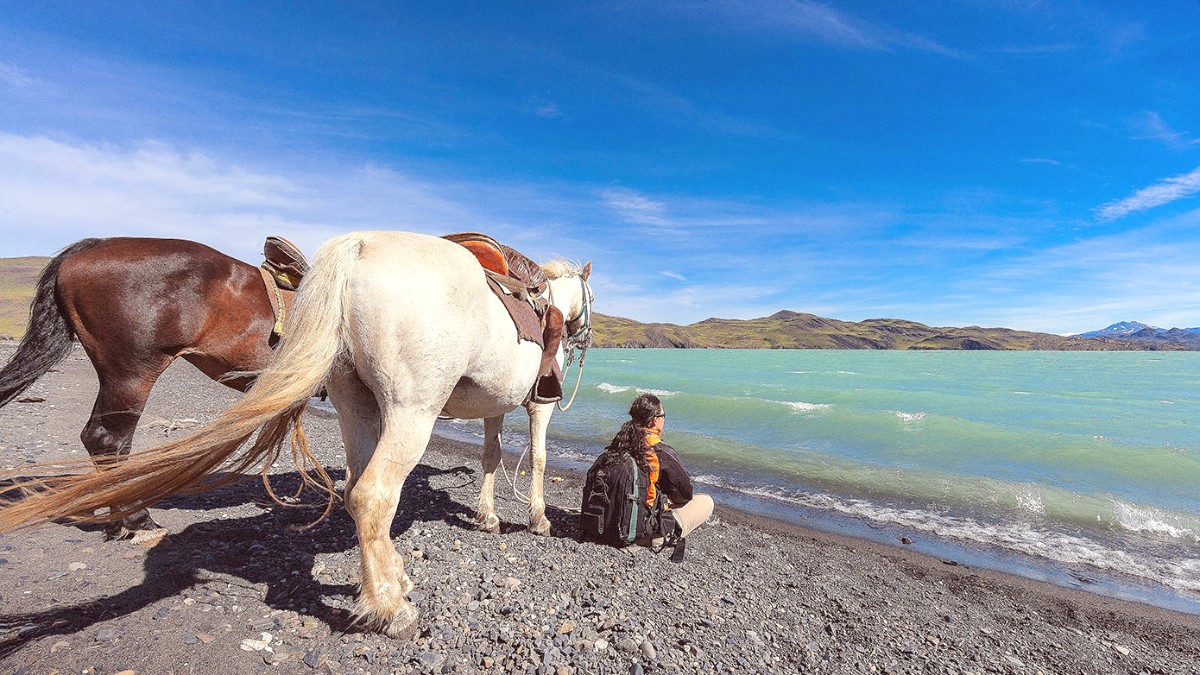
Niue has a tropical climate, meaning warm temperatures year-round, but with variations in humidity and rainfall. The Dry Season (May to October) brings cooler temperatures, lower humidity, and less rainfall (20°C to 27°C). Steady southeast trade winds provide cooling breezes, creating comfortable conditions for all outdoor activities. Skies are typically clear, and the ocean is calm and transparent. This season is often recommended for first-time visitors seeking comfortable weather for activities.
The Wet Season (November to April) brings warmer temperatures, higher humidity, and more frequent, heavier rainfall (22°C to 30°C). Rainfall often comes in short, heavy bursts, followed by sunshine. This is also the official South Pacific cyclone season. The landscape becomes incredibly lush and green during this time. While humidity levels increase, the island remains a pleasant destination, offering a different, quieter experience.
Niue maintains a welcoming visa policy. Most visitors receive a visitor permit upon arrival, allowing a stay of up to 30 days. No advance application typically applies. For longer stays, apply for an extension locally.
Always verify the latest requirements with the Niue Immigration Department or the nearest New Zealand diplomatic mission before your trip. Required documents: valid passport (6 months validity beyond departure), confirmed onward or return ticket, sufficient funds for your stay, and proof of accommodation. No specific entry fees apply.
July - September
Excellent weather, peak whale watching, all tours and services fully operational. Clear skies and calm seas.
Highest prices for flights and accommodation. More visitors.
May-June, October-November
Good weather with fewer tourists. Potentially lower prices for flights and accommodation. Good for early/late whale sightings.
October and November mark the wet season's start, bringing increased humidity and rain chance. Some tours might reduce schedules.
December - April
Quietest and most affordable time to visit. Lowest prices for flights and accommodation. Great for solitude.
Higher risk of tropical cyclones. Heavy rainfall can make tracks slippery. Some tour operators may close.
The official currency is the New Zealand Dollar (NZD). Credit cards (Visa, MasterCard) are accepted at most hotels, larger stores, and some restaurants. Many smaller vendors, market stalls, and local tour operators accept cash only. One ATM is at Bank of South Pacific (BSP) in Alofi. Another ATM is at the airport, but it may not always operate. Carry sufficient NZD cash for daily expenses, especially for market visits and activities outside Alofi.
Tipping is not customary in Niue and generally not expected. The local culture does not include a tipping tradition. Prices for services usually include all charges. If you receive exceptional service, a verbal thank you or a small gesture of appreciation may be acknowledged, but it is not a requirement. Do not feel obligated to tip.
NZD 100-200 / USD 60-120. Self-catering, guesthouses, free activities. Requires more planning.
NZD 200-400 / USD 120-240. Mid-range resorts, local restaurants, car rental, some paid activities.
NZD 400+ / USD 240+. Premium accommodations, fine dining, private transfers, multiple guided tours.
Guesthouses: NZD 100-250; Mid-range Resorts: NZD 250-500; Luxury Villas: NZD 500+.
Budget: NZD 15-30; Mid-range: NZD 30-60; Fine Dining: NZD 60-100+.
Niue is known for its low crime rate, but understanding health precautions, natural hazards, and emergency services helps ensure a safe and secure trip. Prepare for tropical conditions and remote island living.
No specific vaccinations are required for entry to Niue from most countries. However, health authorities recommend you are up-to-date on routine vaccinations before any international travel.
Be aware of common issues in a tropical environment. Use preventative measures to stay healthy during your trip.
Having the right travel insurance supports a worry-free trip. Explore these options:
Niue has an extremely low crime rate, consistently ranking among the safest places globally. Violent crime is virtually non-existent. However, knowledge of natural disaster risks and emergency contacts is still important.
Petty theft is rare but can occur, as in any destination. Take standard precautions like securing your valuables and not leaving items unattended. There are no specific "unsafe" neighborhoods or areas in Niue. You can explore the island with a strong sense of security.
Niue lies in a cyclone-prone region, notably during the wet season (November to April). While direct cyclone hits are rare, the island can experience strong winds, heavy rain, and rough seas from tropical depressions or nearby cyclones. Tsunamis, though infrequent, pose a potential risk.
For immediate assistance in Niue, dial the universal emergency number.
Police, Fire, Ambulance/Hospital: Dial 999
Niue Foou Hospital (direct line): +683 4100
Niue has a high UV index. Protect your skin from strong tropical sun and common insect bites.
Wear Wide-brimmed hats, sunglasses, and Long-sleeved shirts.
Use Permethrin on clothing; apply Picaridin insect repellent to skin.
Protect your digital footprint while traveling. Using a VPN is good practice when accessing public Wi-Fi networks.
Consider a VPN service like NordVPN for secure browsing.
Public Wi-Fi might not always be secure without a VPN.
| Concern | Description | Prevention/Action |
|---|---|---|
| Stonefish | Well-camouflaged, venomous fish found on seabeds. | Wear Water shoes, shuffle feet when wading in shallow, sandy areas. |
| Jellyfish | Some species might have stinging tentacles. | Observe marine life from a distance; do not touch. Seek local advice if unusual sightings occur. |
| Coral Cuts | Sharp edges on coral can cause cuts and scrapes. | Wear Reef shoes when walking on coral; clean wounds immediately. |